On referendum day, my mother leaned on my arm for support and we walked slowly and carefully up the steps of the village hall, wondering if this was to be the last time either or both of us would be voting in a national plebiscite. Here again was the paper ‘Polling Station’ poster pinned to a five-bar gate. Here again were the weeds flourishing between the paving slabs in the forecourt, and the plaque on the wall commemorating the opening of the village hall by some local mauve-faced grandee in 1952. Here again were the handrails showing signs of rust and the two sets of institutional double doors reminding me of school. And here again was the village hall cleared of furniture save the desk at which the two cheerful volunteers, marooned like castaways on a vast expanse of cement floor, were taking names and issuing voting papers.
And over there, representing our most cherished political ideal, fought for most notably by the Chartists and the suffragettes, and placed at a respectful distance, were the village’s two wobbly, home-made, deal and hardboard polling booths.
You had to laugh, and we did. So did the volunteers, neither of whom we had encountered before. Yet I’m not sure exactly why we all laughed. Whether it was the painful consciousness at how old and decrepit we all are in this village, creeping in one by one like walking wounded. Or whether it was recognition that it is only on voting days and royal jubilees that a significant proportion of the villagers come out of the woodwork. Perhaps our frivolity matched the Prime Minister’s surprising insouciance in allowing us to decide whether to continue with our membership of the EU, or not, in the first place. Voting for or against the EU seemed faintly ridiculous, too good to be true.
We exchanged our registration cards for our ballot papers. Mum was in a panic about whether to vote with a tick or a cross. I suggested a swastika. I went behind the screen first and scored a big black cross against the second option with the 3B pencil provided. Then I returned to the registration table to assist my mother on her long walk from there to the voting booth. She took only a moment to mark her paper, and I could easily tell from the guilty, rather grim look on her face that she hadn’t voted the way Mr Cameron had begged her to. To save her the journey back to the battered old voting-paper receptacle on the registration desk, I nipped across and popped it in for her. If dropping your own vote in the box is an essential part of the voting ritual, nobody felt inclined to point this out. As we made for the exit, we exchanged more jovial banter with the volunteers, who claimed that they were chained to the table and hadn’t had a cup of tea all day. As we went out, a spry old man with a massive hearing aid and his jaw set jogged in. We didn’t recognise him, either.
For the rest of the day Mum maintained her grim, guilty look. I don’t suppose she has ever in her life gone against the wishes of a Conservative prime minister, when fully knowing what they are. Believing that this vote was the last kick of a dying horse called Democracy before the EU sophists and the masters of the financial universe pulled the trigger, I had no such qualms. But I held out little hope. Using various off buttons, I had silenced the media and political cacophony for the three days leading up to the vote and stayed out in the garden. All I knew, via a text message from a friend on referendum day, was that vote leave was 7–1 against with the bookmakers. So that was that, I thought. I’d done my all and now the deluge, including that handy little law that the EU had recently passed awarding itself the power to suspend the membership of any country whose democratically elected government was deemed politically unacceptable. Ignorant of the most current prognostications, I went up to bed. Next morning, I woke up, washed, showered and ate breakfast before switching on the telly to see whether the contempt of the privileged classes for the slave class was to be indefinitely maintained.
I don’t know much about Donald Trump, or what his underlying beliefs are. But his — or his advisers’ — political instinct is sure. From a golf course in Scotland I heard him characterise the vote to leave as ‘a beautiful, beautiful thing’. It was. And I couldn’t help but notice that the working-class regions responsible for that beautiful, beautiful thing — northern England, the East Midlands, the Black Country and the Welsh valleys — were identical with the Chartist movement’s strongholds of 170 years ago.
Got something to add? Join the discussion and comment below.
Get 10 issues for just $10
Subscribe to The Spectator Australia today for the next 10 magazine issues, plus full online access, for just $10.




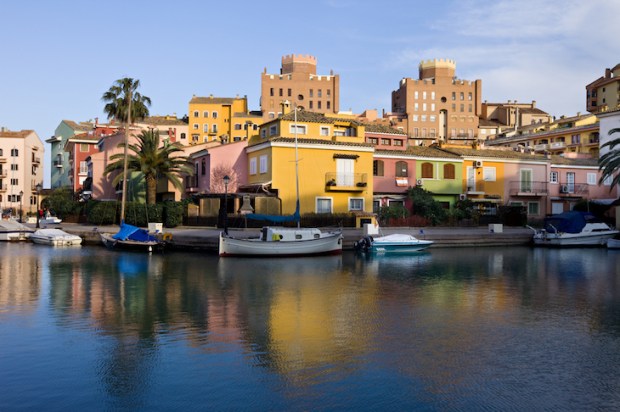
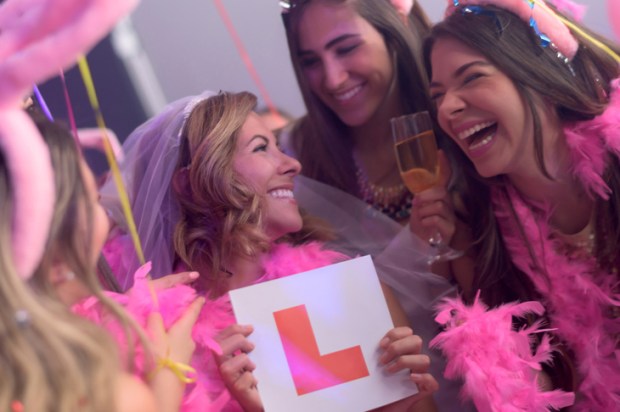
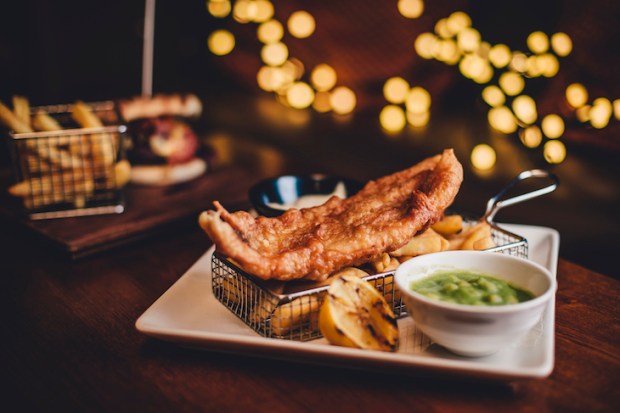
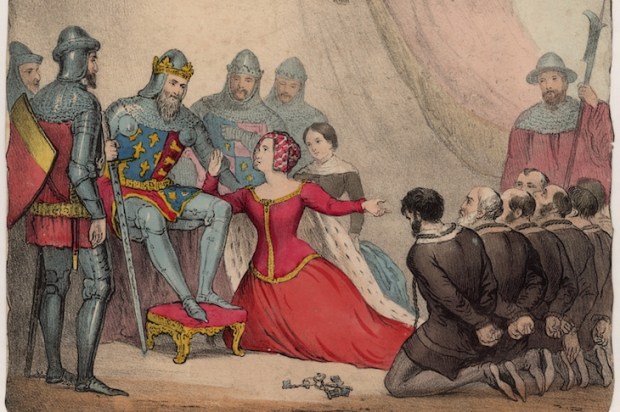
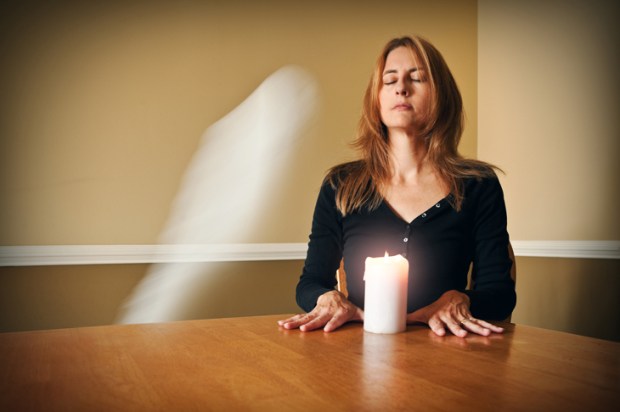






Comments
Don't miss out
Join the conversation with other Spectator Australia readers. Subscribe to leave a comment.
SUBSCRIBEAlready a subscriber? Log in